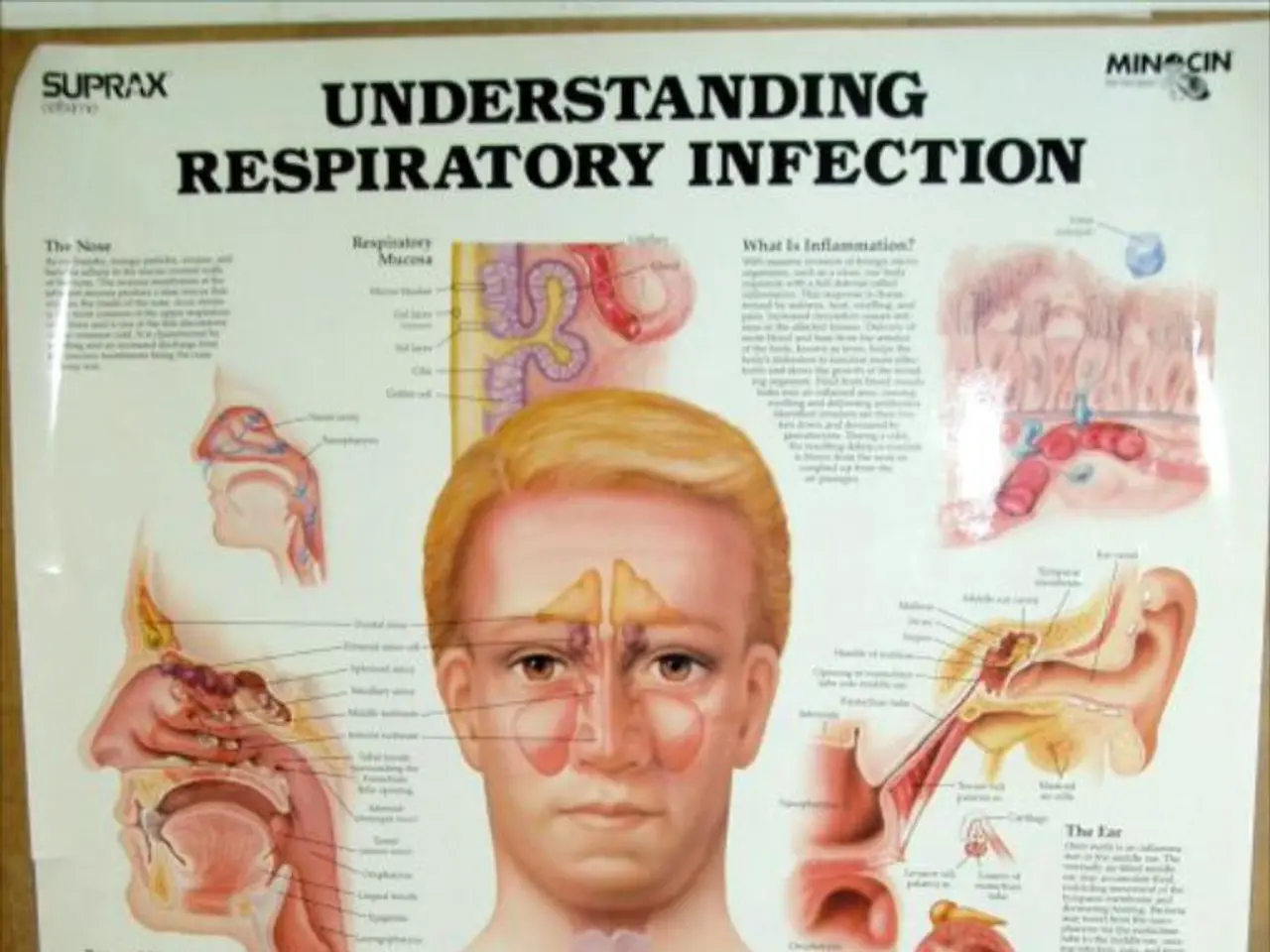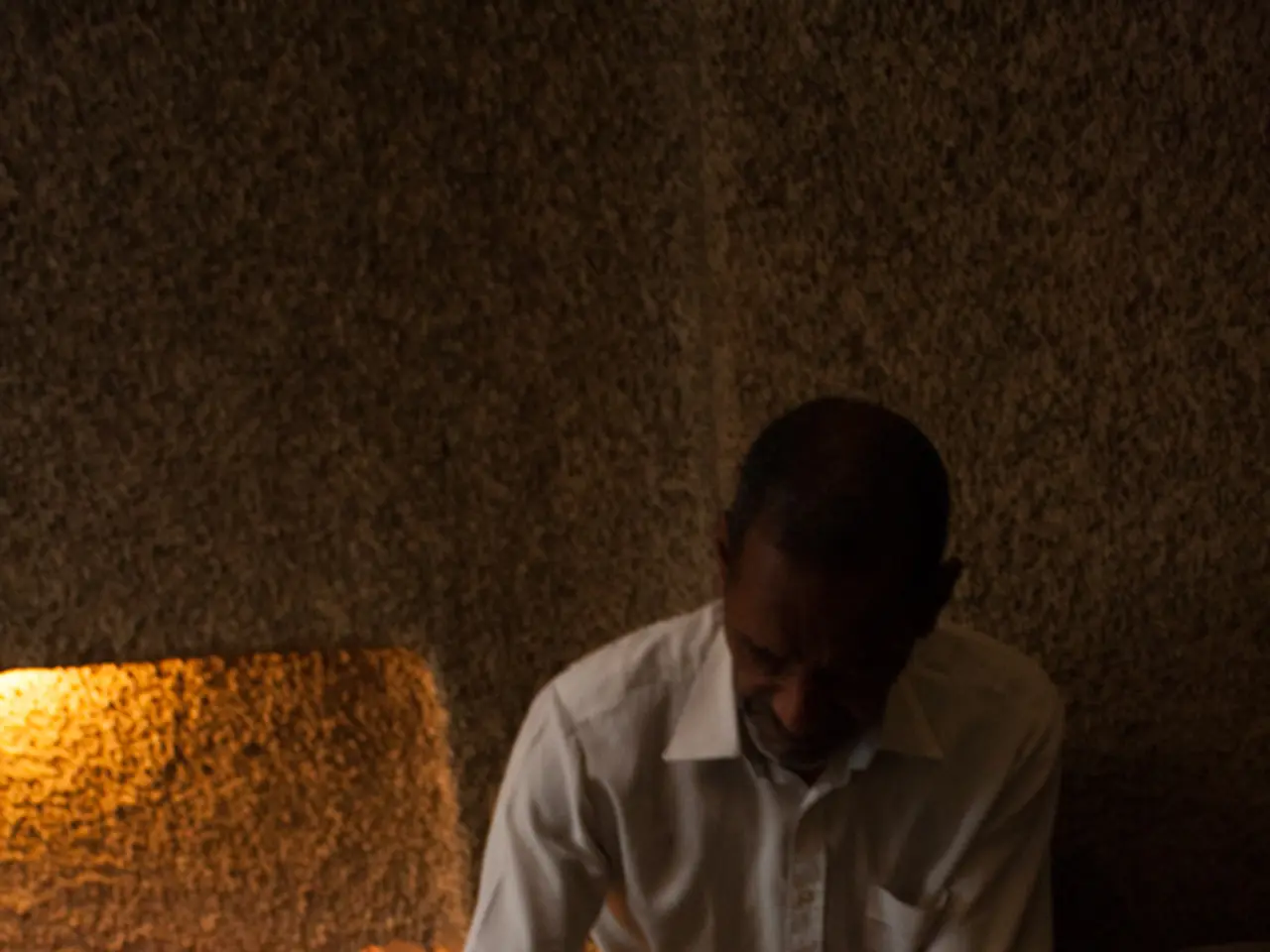Understanding unfair treatment paves the way to psychological well-being
In a deeply personal exploration of mental health, I've found solace and inspiration in the teachings of the Bahá'í faith. As a clinical psychologist, these spiritual insights have reshaped my approach to understanding human nature, championing justice, and empathizing with the struggles of my clients.
For example, Abdu'l-Bahá, the son of the Prophet and founder of the Bahá'í faith, Bahá'u'lláh, once stated,
"The eye is a member of the human organism. If it were diseased, the affection would affect the entire nervous system. Similarly, if one member of the social body were truly affected, from the standpoint of harmonic union, all the other members would be altered because it is part of the whole, because it is a part of the ensemble. Would it be possible for one member, or a part of a whole, to be in need while the others are at peace? It would result in impossibility!"
This profound metaphor illuminates how mental health is profoundly intertwined with societal well-being. A society rooted in injustice, fueled by colonialism and steeped in structural racism, breeds traumatic conditions, particularly impacting marginalized communities such as those living in poverty, people of color, and indigenous individuals. Additionally, the systemic issues of police brutality and mass incarceration create devastating ripple effects on mental health.
I'm wary oflabeling these struggles as purely ' mental illness,' as they often stem from challenging life circumstances brought about by oppression. While I acknowledge the existence of mental illnesses, I strive to avoid pathologizing these struggles created by unjust systems. Instead, I seek to honor our feelings, as Audre Lorde elegantly put it, "for they are genuine ways to knowledge."
Since the mental and spiritual dimensions are inextricably linked, it's crucial to grieve, reflect, and heal emotionally. I find solace in the teachings of the Bahá'í faith, particularly the Báb, who despite being a manifestation of God and a symbol of detachment, still experienced emotions and allowed himself to grieve. This reminder fosters an understanding that emotions, even pain, are part of the human experience.
Turning to spirituality for healing is crucial. I've relied on encouraging words from Abdu'l-Baha,"little by little, day by day," time and again with clients and students. These words underscore that transformation, while gradual, is attainable through consistent effort. I also find inspiration in other spiritual practices such as mindfulness meditation, yoga, and qigong, which combine ancient wisdom with scientific backing, providing immense healing potential.
Despite the spiritual focus, I emphasize the importance of consulting qualified medical professionals, as Baha'u'llah advises in the following quote:
"In the hour of illness, seek the aid of competent physicians. We have not forbidden the use of material means; nay rather, We have confirmed them, through this Pen, as the most mighty means for the treatment of disease"
My practice primarily focuses on psychological trauma, and there is a wealth of literature demonstrating its effects on overall health. Bessel van der Kolk's book "The Body Keeps the Score" is a superb resource for understanding trauma's physical and emotional consequences and approaches to healing.
Lastly, I'm guided by the spirit of self-care as expressed by Shoghi Effendi:
"...do not neglect your health, but regard it as the means that enables you to serve. The body is like a horse that carries the personality and the spirit, and as such it must be well cared for that it may perform its task. Indeed, you must take care of your nerves and force yourself to take time, not only for prayer and meditation, but also for real rest and relaxation"
This advice is a humble reminder for all of us to prioritize our well-being as we strive to serve humanity.
In the context of mental health, I recognize the importance of integrating spiritual teachings from the Bahá'í faith with scientificapproaches to health-and-wellness. For instance, the Báb's acknowledgment of emotions fosters an understanding that mental health and spiritual well-being are deeply intertwined.
Recognizing the interconnectedness of mental health and societal well-being, I advocate for change in systems that perpetuate injustice, as they substantially impact the mental health of marginalized communities. Drawing inspiration from practices like mindfulness meditation, yoga, and qigong, which combine ancient wisdom and scientific backing, I strive to promote the healing potential of a balanced mental-health and wellness approach.






